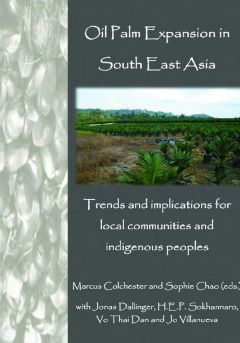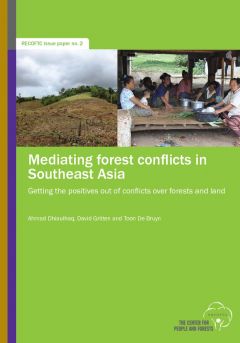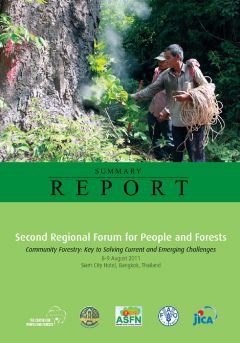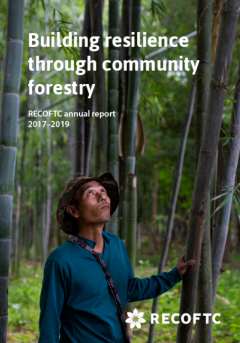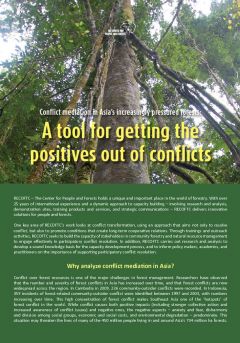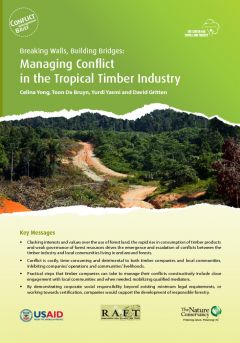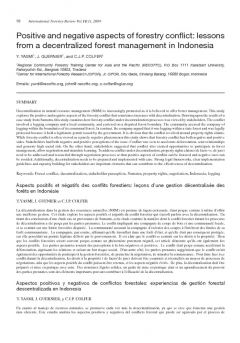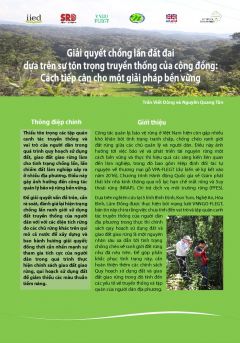Oil Palm Expansion in South East Asia: Trends and implications for local communities and indigenous peoples
This publication is focused on oil palm expansion and land tenure in several Southeast Asian palm oil producing countries (the Philippines, Thailand, Vietnam and Cambodia) and cross-compares their experiences with the facts and myths, stories and lessons learned from other palm oil producing countries, more specifically, Indonesia, Malaysia and Papua New Guinea.

